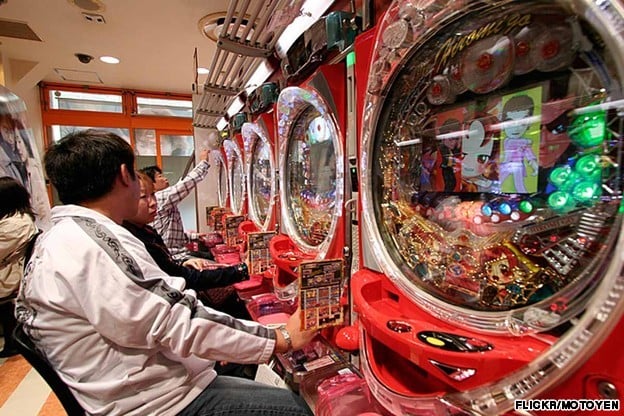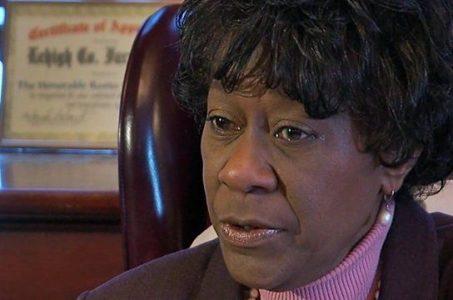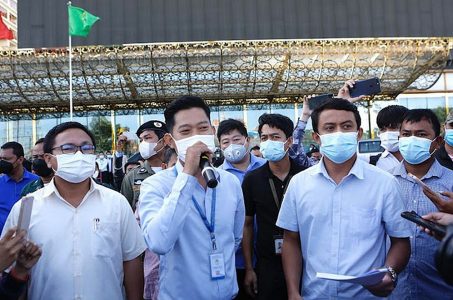Japan to Slash Pachinko Payouts by Half as Part of Problem Gambling Review
Posted on: July 16, 2017, 10:00h.
Last updated on: July 15, 2017, 09:20h.
Shares in Japan’s Pachinko companies fell this week on the news that the government is planning to tighten regulations on the machines and slash payouts by 50 percent.

According to the Japan Times, the National Police Agency wants to lower the amount that can be won within four hours’ play from ¥100,000 ($880) to ¥50,000 ($440). This is part of its initiative to combat problem gambling as the country prepares to legalize and regulate casinos.
The colorful, noisy machines, which can be found in parlors throughout cities in Japan, have in the past escaped the stricter regulatory oversight imposed on other forms of gambling because they are classified as “amusements,” like fairground attractions.
A kind of slot/pinball hybrid, pachinkos don’t pay out cash directly. Instead, players trade captured balls for tokens that can be exchanged for money elsewhere.
Same Rules as Slots
But that’s all about to change. The NPA wants to apply exactly the same kind of rules to pachinko machines as they will to the slots that will line the casino floors of its future integrated resorts.
It believes that limiting the amount that can be won in one sitting will make people less likely to chase their losses.
The pachinko market has actually shrunk dramatically over the past 20 years, from 18,244 parlors at its 1995 peak to 10,986 in 2016. But its still huge. The Japanese spent $209 billion playing pachinko in 2015, around 4 percent of the country’s GDP.
Pachinko Problem
The Japanese are concerned that they may have a pachinko problem. A 2014 study found that 5.36 million Japanese, or 4.8 percent of the adult population, could be problem gamblers.
With the new casinos coming, the government has promised to devote more resources to research into dependency. Its plans to legalize casino gaming have been met with little public enthusiasm and it wants to deflect criticism that it is allowing gambling to run rampant.
The NPA said it will call for managers of pachinko parlors to educate employees about problem gambling and provide information to customers to how they can get help if their gambling is out of control.
Stock in major pachinko operators and manufactures Sega Sammy Holdings and Universal Entertainment plummeted seven percent and five percent, respectfully, in the wake of the news.
Related News Articles
Pennsylvania Omnibus Gambling Bill Presented to House
NagaWorld Weekend Strike in Cambodia Does Little to Disrupt Operations
Reputed Kansas City Mob Figure Banned from Nevada Casinos Dies of COVID-19
Most Popular
Las Vegas Overstated F1 Race’s Vegas Impact — Report
Mega Millions Reportedly Mulling Substantial Ticket Price Increase
Las Vegas Strip Stabbing Near The Strat Leaves One Man Dead
LOST VEGAS: ‘Tony The Ant’ Spilotro’s Circus Circus Gift Shop
Most Commented
-
End of the Line for Las Vegas Monorail
— April 5, 2024 — 90 Comments -
Mega Millions Reportedly Mulling Substantial Ticket Price Increase
— April 16, 2024 — 6 Comments -
Long Island Casino Opponents Love New York Licensing Delays
— March 27, 2024 — 5 Comments -
Smart Video Poker Players Hamper Casino Profits, Says Study
— March 21, 2024 — 4 Comments
















No comments yet